Book Review: The Last Neanderthal by Claire Cameron
The Last Neanderthal by Claire Cameron is a unique sort of book; one of the two narratives it includes is told from the perspective of a Neanderthal, someone who doesn’t have developed language capabilities or a significant matter of reference that is relatable to us modern-day humans. Aside from a few necessary exceptions, (Cameron allows the Neanderthal the ability to describe what she sees around her, and recollections from her memory in order to keep the story moving) we don’t really experience any kind of dialogue in one whole half of the book, even more than half really, because the Neanderthal or ‘girl’ section is much longer than the modern-day storyline told from the perspective of Rosamund Gale, an archaeologist unearthing a fossilized Neanderthal with ground-breaking scientific consequences.
So this is a topic that I know next to nothing about; basic human history and our evolution is a great big embarrassing blank within my knowledge base, rivalled only by my limited understanding off basic geography (I rarely read books on these topics, so sue me). That being said, I feel like I learned a lot about our Neanderthal relatives by reading this book, so I’ve got my fingers crossed it’s somewhat scientifically accurate. Regardless of how well-researched it is, it’s incredibly compelling, especially for those people who have ever found themselves in a caregiver role. You don’t have to be a mother specifically to relate to this book, but if you’ve ever been responsible for someone else, you’ll appreciate how difficult it must have been to inhabit this role thousands of years ago.

I was worried this book would be too biologically-focused for me, especially considering the limited amount of characters and settings. However, the emotional breadth that is conveyed in the simple interactions of the Neanderthal storyline is completely engrossing. We forget how brutal life was before our modern conveniences, and virtually every day was a matter of life and death back then. Cameron cleverly contrasts Girl’s experience with Rosamund’s, impregnating them at the same time, but not surprisingly the births come with completely different consequences.

The effect of the parallel storylines is two-fold; we are more likely to feel a kinship with these Neanderthals, seeing them as a skip or two away from our species rather than a completely different kind of creature; two, we are reminded of how different our current life could be, should some major technological discoveries never have occurred, clarifying some of our ‘problems’ into what they really are; inconveniences. My favourite quote of the book:
“The large amounts of food opened up possibilities. Good health sometimes allowed a beast to take a wider view than it had the day before. It also brought restlessness” (p. 173, Hardcover).
This quote encompasses all of human development for me; for those of us lucky enough to know we will always have continued access to food, we have the ability to think further ahead, push ourselves intellectually and ponder life’s greater complexities. For the millions in the world that don’t have that luxury (and yes, that number is in the millions), they face a daily struggle to simply survive, and knowing where your next meal is coming from is something we should never take for granted, no matter how ‘evolved’ we may be. The Last Neanderthal is a wonderful reminder of everything we should be grateful for, and how far we still need to go.

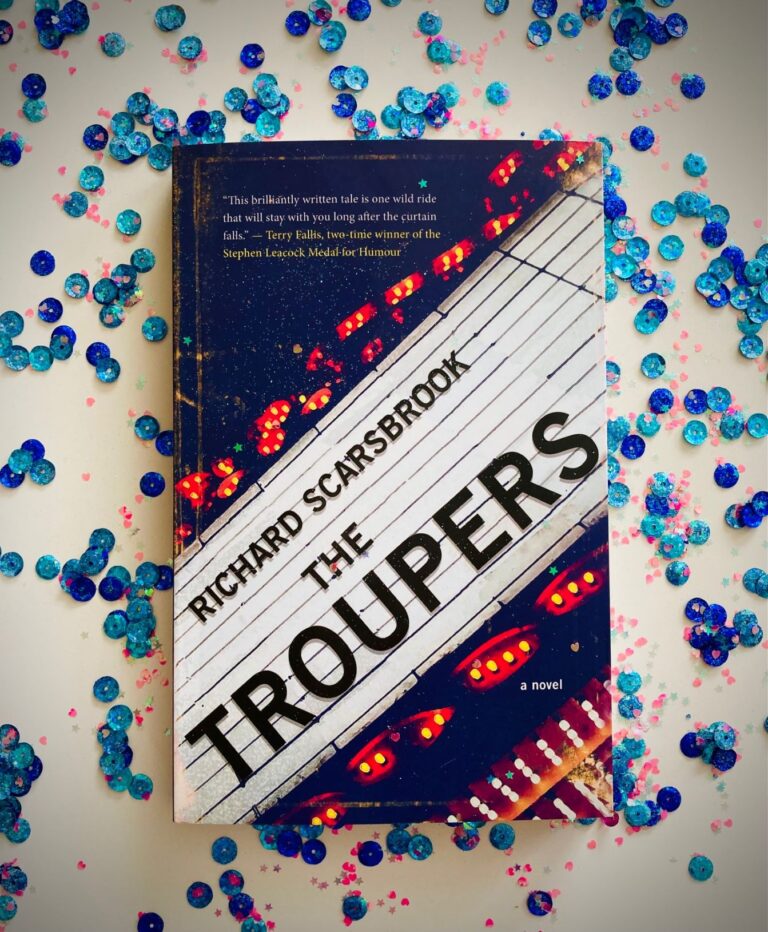
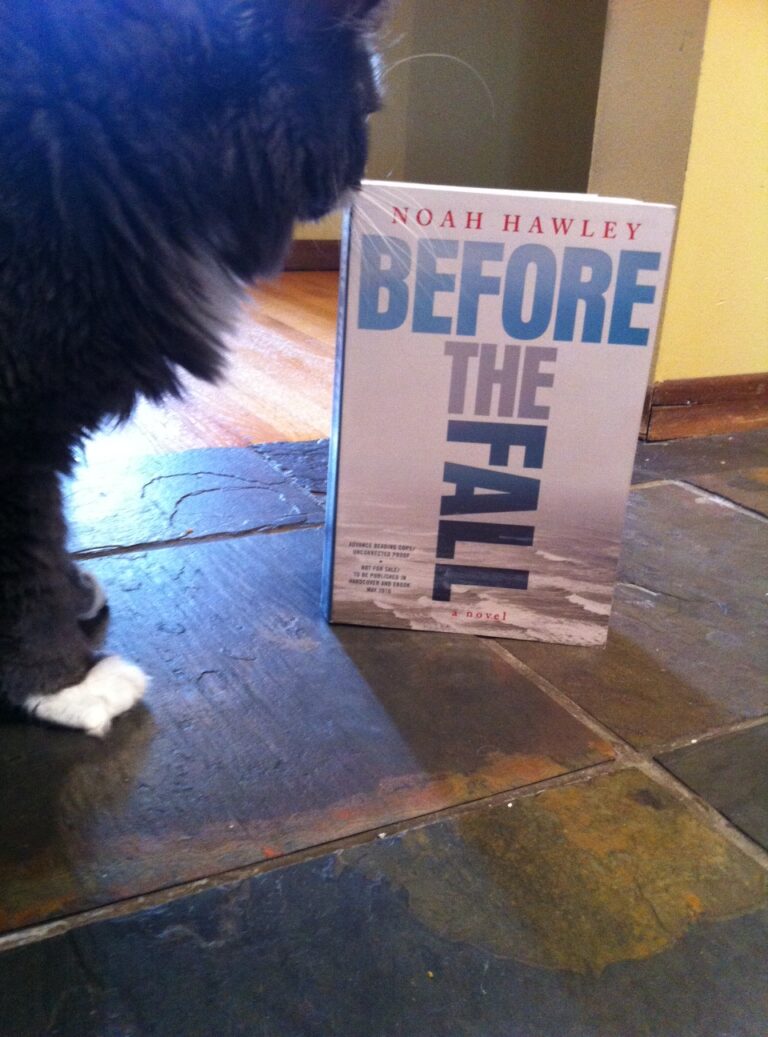
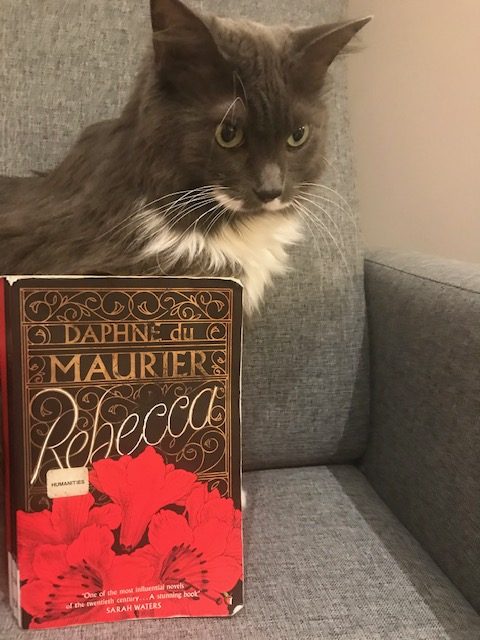
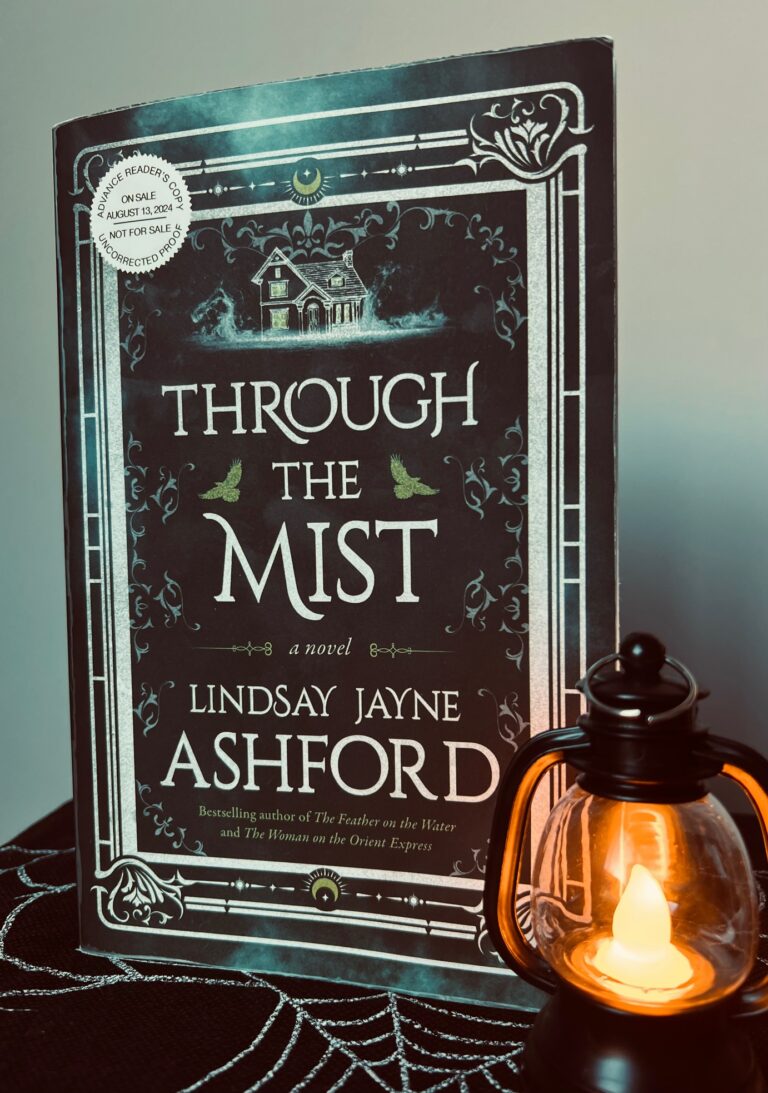
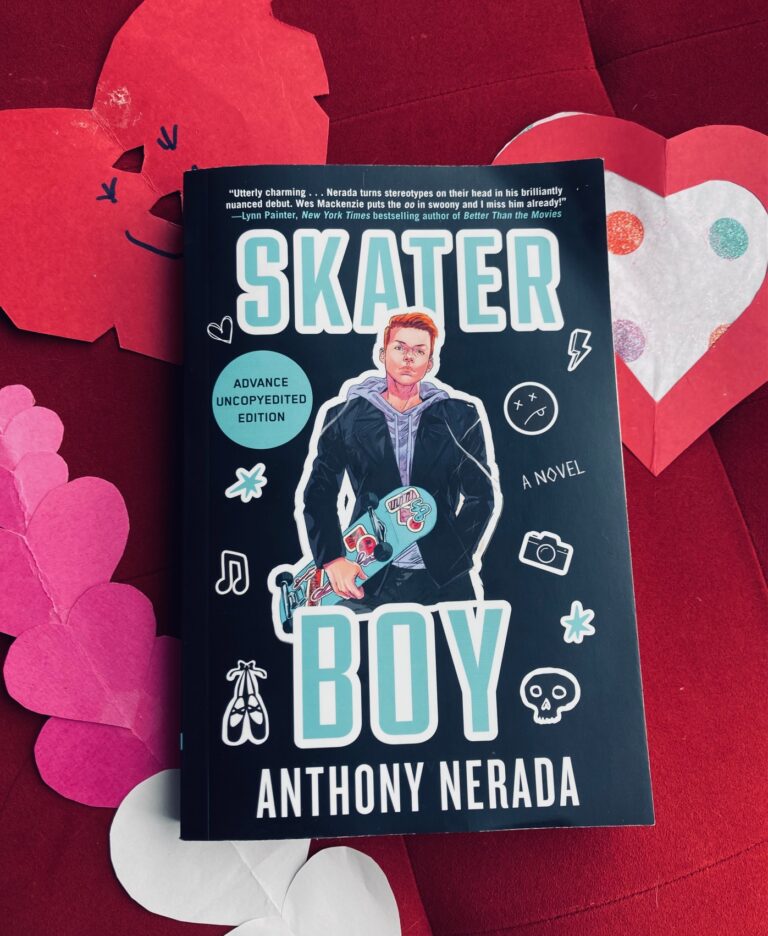
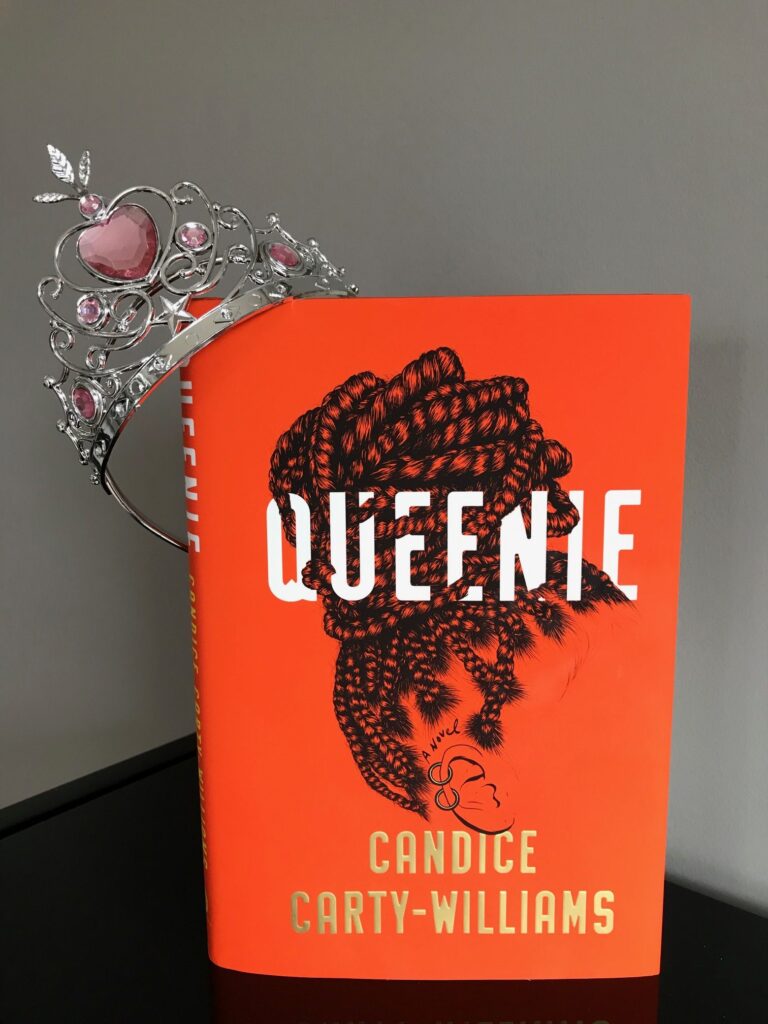
Great review. I had dismissed this book but have now put it on my “must-read” list.
Thanks Anne
Most welcome Colleen! I think you’d find it thought-provoking at the very least, it’s got alot to offer, and I’ll be honest, I wasn’t too excited about it when I read the premise but it really surprised me
Just recently I learned that the only reason we think Neanderthals stood hunched over is because the first remains we found was a specimen that had arthritis. Does this mean that humans always stood upright? I have no idea; but I’d love to know more about it.
Arthritis? Geez and I thought that was just exacerbated by our recent ‘lazy’ lifestyle.
Nah, there are types of arthritis that is the immune system attacking itself and the joints get destroyed in the process. It can also be weather related.
I know it’s not your kind of thing, but I recently read a book by Tim Flannery about the natural history of Europe (which is what the book was called – Europe) and there was loads in it about Neanderthals and early humans. Apparently everyone of European descent is part-Neanderthal – some more than others, I sometimes suspect… ;)
hahaha YES!!
I’m on a waitlist for this book because I love learning about human history. I don’t know much about Neanderthals, but I’m excited to read a book from their perspective. I’m glad you enjoyed it.
It’s a lovely book that ‘teaches’ you and ‘entertains’ you at the same time.
I have been on the fence about this book since it came out, but you have convinced me that I’d like it. I know I’d like the biological/evolutionary aspect of it (I’m a biology major), but wasn’t sure if she’d be able to pull it off. I have to try to remember to fit it in after all the prize list reading!
(And, yes, I am really far behind with my blog-hopping.)
haha that’s ok!